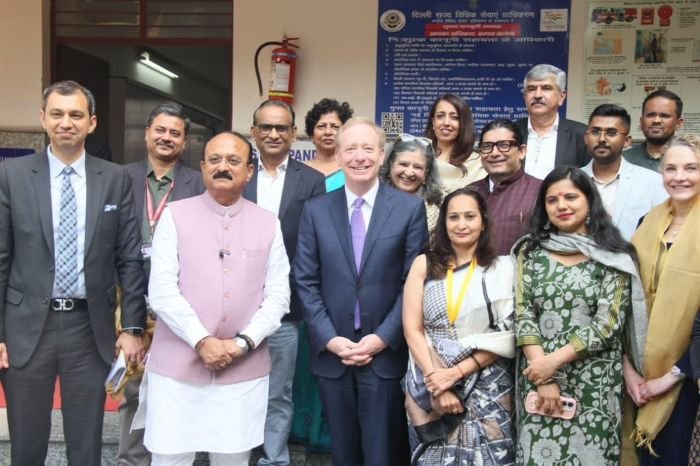The Coursera’s latest Global Skills Index along with accompanying report released on July 16 says India lags in data science skills, especially in data management. Within the data science domain,India ranks #51 globally (lagging) and #12 among APAC countries in data science overall. Within the data management competency, India ranks #58 globally [only slightly better than Nigeria (0%) and Philippines (2%)] and #15 among APAC countries in data management skills at 3% skills proficiency (lagging). However, on a good note, India surges ahead of China in business and technology skills. Within the business domain,India ranks #34 globally (emerging), whereas China ranks #45. Within the technology domain, India ranks #40 globally (emerging), whereas China ranks #50.
The report has looked across 65 million learners on its platform, and drawing on rich performance data of learners in the past 12 months, the report benchmarks skills proficiency for 60 countries, 10 industries and 11 fields of study in business, technology, and data science. The report also provides an early analysis of the pandemic’s impact on the skills landscape.
The report maps 16 countries across the Asia Pacific (APAC) region and 60 countries globally. India ranks in the emerging or lagging categories across key skill domains including Business (#8/16 in APAC and #34/60 globally), Technology (#10/16 in APAC and #40/60 globally) and Data Science (#12/16 in APAC and #51/60 globally).
Globally, APAC is an emerging region for data science skills. 12 out of 16 countries in APAC are either lagging or emerging in data science. Only 4 countries display competitive skills in data science: Hong Kong (75%), Singapore (73%) New Zealand (59%), and Australia (54%).
Rapid rise of big data and analytics has caused a massive shortage of data science professionals. According to a report by Accenture and Qlik , lack of data skills costs Indian firms productivity worth INR 332 billion every year.
As per the 2018 Talent Crunch study by Korn Ferry India will have a talent surplus by 2030 driven by a growing, younger working population compared to the aging population in China. India’s emphasis on affordable and accessible education, especially at the college level, will produce a vast number of Level A talent. As per the study, by 2030 the talent surplus will be the most visible in industries like financial services (with a surplus of 1.1 million professionals), technology, media, telecommunications (with a surplus of 1.3 million professionals), and manufacturing (with a surplus of 2.44 million professionals).
Higher skill proficiency is linked to GDP growth, labor force participation, and income equality, according to Coursera’s latest Global Skills Index.
The pandemic has impacted the lives of more than 555 million workers and 200 million higher education students around the world. In India, the unemployment rate reached 27.1% in early May, as nearly 122 million Indians lost their jobs between March and April. To revive jobs and economies, institutions must enable widespread access to skills development so that people can swiftly enter and return to the workforce. This requires understanding the state of job-relevant skills for their respective populations, including for their countries, industries, and fields of study. Equipped with insights from the report, leaders across private, public, and education sectors can shape reskilling efforts for economic revival.
“Workforce recovery in a post-pandemic world relies on broad base reskilling. Institutions must lead this effort by providing people with equal access to skills needed for the jobs of the future,” said Jeff Maggioncalda, CEO of Coursera. “This year’s Global Skills Index reveals skills trends and insights that will inspire institutions to coordinate skills development for a more inclusive and advanced workforce.”








